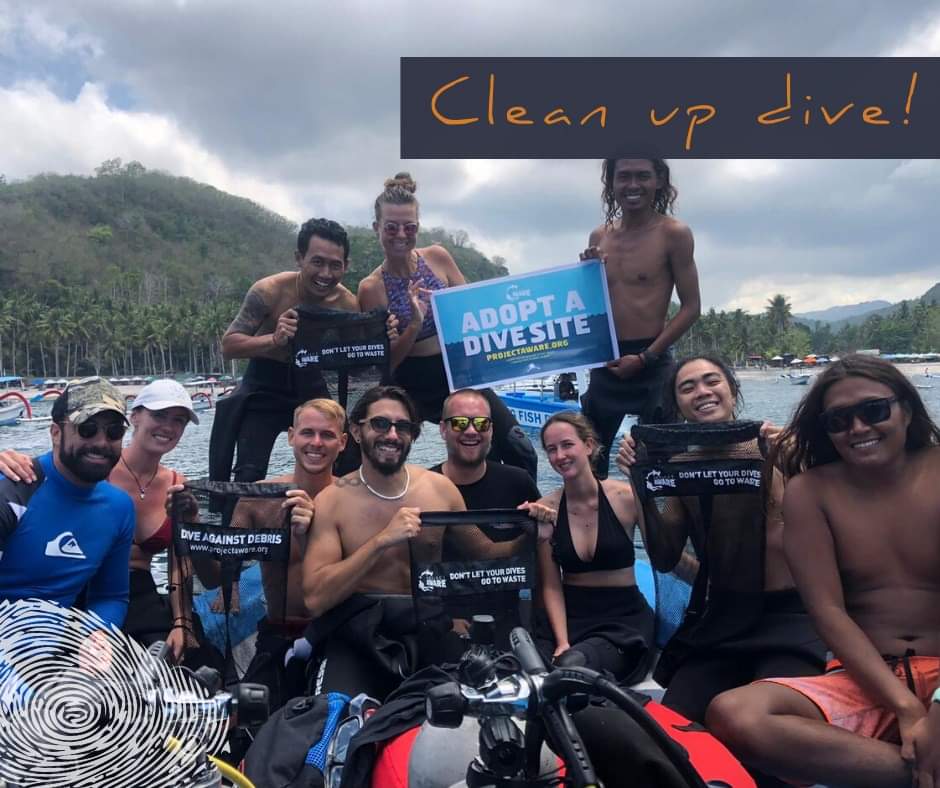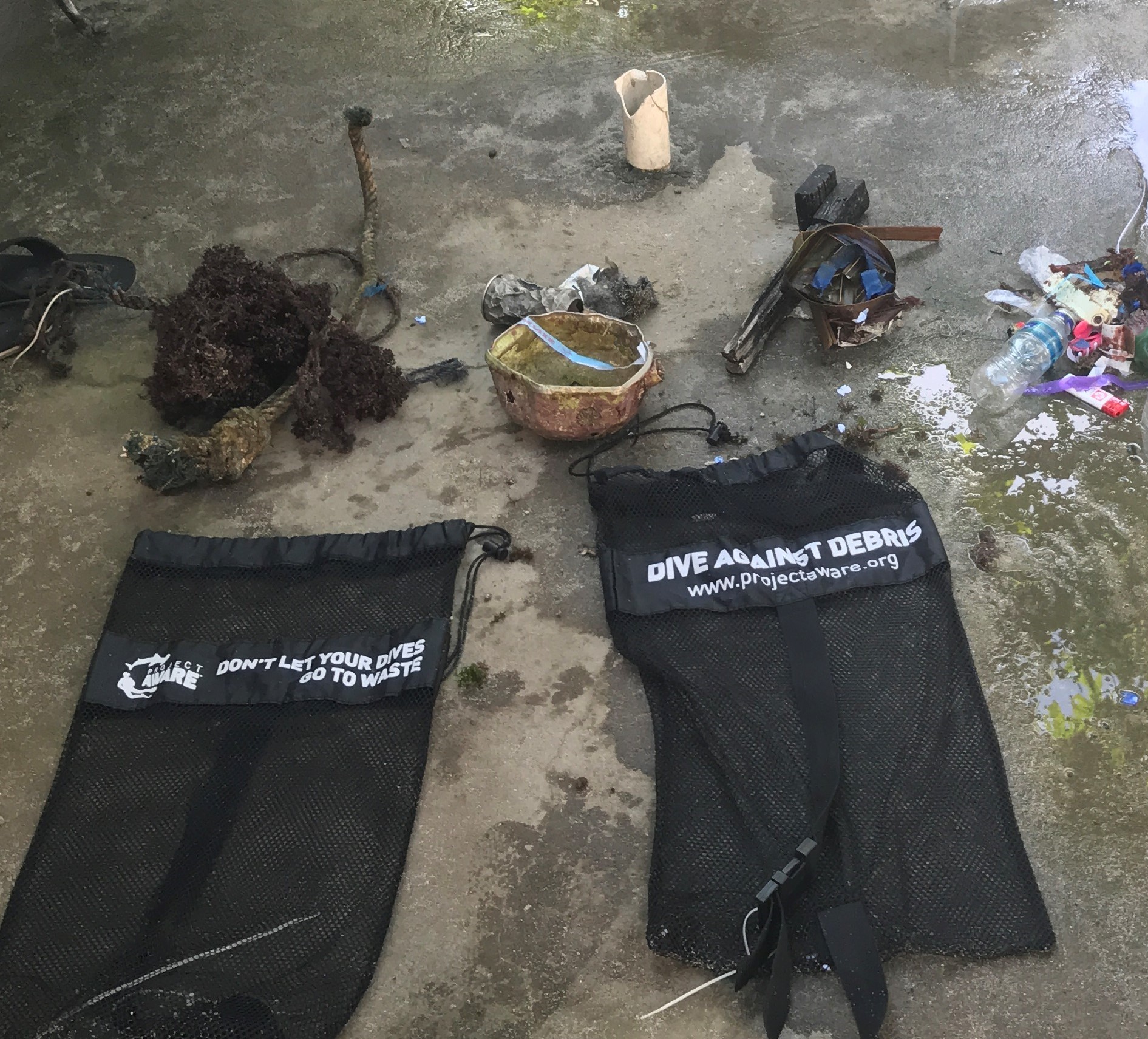
Passion, Love, and Dedication: The Need for Conservation
For thousands of years, humans have relied on the ocean to sustain life. The ocean provides the primary protein source to over half of the world’s population. It also puts over $70 trillion dollars into the global economy each year. Along with this, the ocean is responsible for regulating the global climate and providing more than 50% of the oxygen on earth. The ocean is also a huge sink for carbon dioxide in the atmosphere. The ocean absorbs more than 30% of the carbon dioxide produced by human beings.
Despite the importance of our oceans, humans have been abusing this precious resource for far too long. Overfishing, habitat destruction and pollution all have an enormous impact on the ocean.
This impact has primarily been negative leading to the decline and extinction of many important species.
We are now having to re-establish our relationship with the ocean. We must be much kinder to our ocean! And practice sustainability.

Marine conservation efforts
Marine conservation is an umbrella term for many different ways we can help the ocean. These practices fall into three main categories: reducing CO2, reducing and removing pollution and protecting marine life.
Reducing CO2
The oceans around us can only survive in certain conditions. When humans increase CO2 in the atmosphere this can have a number of effects. First CO2 is a greenhouse gas, meaning that it contributes to the warming of the earth. This means that the oceans also become warmer.
Warmer oceans lead to coral bleaching, reduced oxygen and less food for marine creatures. This means that many marine animals are dying.
We can reduce the amount of carbon we put into the atmosphere by taking the bus rather than driving a car. Buying locally sourced foods and turning the AC off when we leave the room.
Reducing and removing pollution
The ocean is unfortunately where a great deal of pollution accumulates. The trash from our homes, plastic bottles, oil, fishing nets and chemicals from industry can all end up in the ocean.
This can lead to many problems for marine ecosystems. Turtles can get stuck in fishing nets and drown. Chemicals from oil and plastic can be ingested by fish and marine mammals such as dolphins. And sea birds can eat pieces of plastic bottles causing them to choke.
All of these can lead to the death of marine life. Unfortunately, these chemicals can also end up on your plate if the seafood you are eating comes from a contaminated area.
But you can help. By reducing the amount of single use items, you use, less trash is created meaning there is less trash able to enter our oceans. Choose green alternatives to oil such as wind or solar power if possible. And make sure to dispose of oil from your car in a responsible way (don’t just pour it down the drain).

Protecting marine life
Many humans rely as fish as their main source of protein. But many fishing practices today are not sustainable. Trawler fishing can destroy the ocean floor, leaving many animals without a home. Large deep ocean fishing vessels catch millions of fish each year. Far more than the ocean can sustain.
This means fish populations cannot recover and may even go extinct. Finally catching fish can lead to other marine life being caught in the nets. Dolphins, sharks, turtles and even whales can be caught in fishing nets leading to them becoming injured or even dying.
You can help by either reducing the amount of fish you eat or only eat fish that is sustainably caught. Look for labels that say fish was caught using pole and line (especially for tuna). Don’t eat endangered species such as bluefin tuna, shark or in some places cod. Finally support local conservation groups by donating money or time. These groups can help marine protected areas (MPAs) to be built.
MPAs are large areas of the ocean where fishing is banned. Diving and snorkeling may also be banned in these areas to allow the ecosystem to recover.
Here in Indonesia, there are many MPAs across the country as we have incredible biodiversity that needs protecting. The Nusa Islands are one of these marine protected areas.

Conservation for divers
Here at Scuba Center Asia, we are very lucky to be involved in many conservation efforts. First, we are a 100% PADI AWARE dive center. This means that every time you dive with us, we donate money towards maintaining and protecting our local MPAs.
We also work closely with the Marine Megafauna Foundation (MMF) to monitor our dive sites. We do this by reporting mantas in the area. We also alert the MMF of any unusual or exciting creatures we spot on our dives.
Finally, we also conduct regular clean up dives to remove trash from the oceans. This not only makes our dive sites more beautiful but also prevents marine animals from eating trash and getting sick.
If you are a diver who wants to make a difference there are a number of things you can do. First, educate yourself and others about the issues around marine conservation. Education will allow you to understand how to be a conscientious diver who respects the ocean. Second, practice good and prudent diving. By practicing your skills you can reduce your impact on the local environment while diving. Finally, participate in citizen science. As a diver, you probably know your local dive site better than anyone else. By reporting changes in your area, you can help scientists monitor the health of our oceans.
We as divers have a responsibility to protect our oceans. Here at Scuba Center Asia we are always conscious of our impact on the ocean. If you would like to learn more, why not take a Project Aware specialty course or join us on our next Dive Against Debris?


